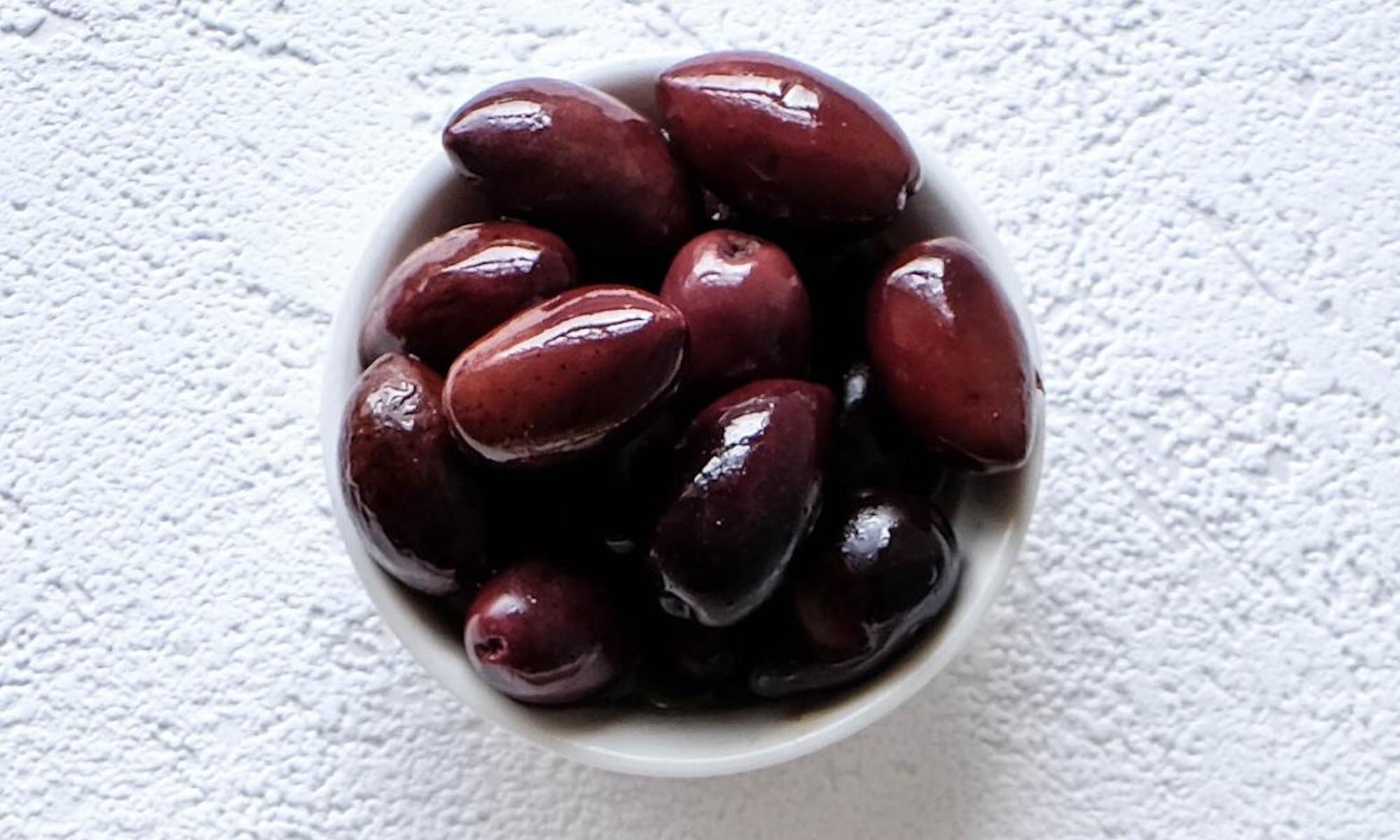A pounding headache. An achy knee. Arthritic knuckles. A fever. That little packet of painkillers we keep around is so much more handy than going out and picking mandrake or henbane, like people had to do in the Middle Ages.
Painkilling drugs provide relief, and most of us have had times when we’ve thanked them on bended knee. But where drugs are concerned there is no such thing as a free lunch. They all have side-effects, some worse than others. And it can get so confusing – one week we are told a drug is safe, the next that it’s dangerous. Take ibuprofen, for example, an NSAID (non-steroidal anti-inflammatory drug) which we were once advised was safe. Yet recent research shows that ibuprofen causes heart problems, gastric bleeding and kidney damage. But with all the chronic aches and pains around these days many people can’t help but regularly overuse these drugs.
If only there was a delicious painkiller you could eat which was also good for you. Yes, you guessed it: there is; it’s small and green, and it’s available off the shelf. Olives and their oil contain a substance called oleocanthal which acts like a painkilling drug, only with beneficial side effects.
You would need to have four tablespoons of extra-virgin olive oil to get the analgesic effects of just ten per cent of ibuprofen, which isn’t so useful. However, the pain-relief properties of oleocanthal are coupled with anti-inflammatory benefits. Pain tends to arise from inflammation, so for some people regular olive oil intake may reduce the need for drugs in the first place. A daily drizzle of two teaspoons is enough to produce the beneficial effects; researchers have suggested that small, regular amounts may be the way to go. And what’s more, a wealth of studies show that olive oil is also good for the gut, heart and kidneys.
A good way to test the oleocanthal levels of your olive oil is to taste a little neat: the more ‘peppery’ it tastes, or even if it stings your throat a little, the richer it is. Always use good-quality extra-virgin olive oil and avoid heating it, which destroys the beneficial properties.
By writer and nutritionist Sally Beare
References
Kaufman, D (2018). Exceeding the daily dosing limit of nonsteroidal anti‐inflammatory drugs among ibuprofen users. PDS27(3); 332-331.
Beauchamp G et al (2005). Phytochemistry: ibuprofen-like activity in extra-virgin olive oil. Nature. 1;437(7055):45-6.
Nocella, C (2018). Extra Virgin Olive Oil and Cardiovascular Diseases: Benefits for Human Health. Endocr Metab Immune Disord Drug Targets.18(1):4-13.
Khatri M et al (2014). The Association between a Mediterranean-Style Diet and Kidney Function in the Northern Manhattan Study Cohort. CJASN9 (11) 1868-1875.
Mao Xet al (2019). Assessment of the anti-inflammatory, analgesic and sedative effects of oleuropein from Olea europaea L. Cell Mol Biol (Noisy-le-grand). 31;65(1):52-55.

